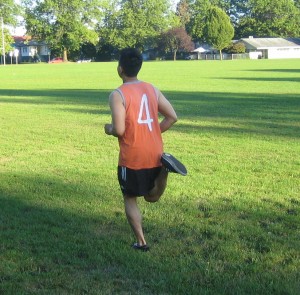The tendons are dense bands of tissue that are responsible for connecting muscles to bones in a joint. The typical areas in the body where tendons are present include the ankles, knees, elbows and shoulders. Due to overuse, chronic health conditions and incorrect conditioning, tendon rupture or tear can occur.
The indications of a tendon rupture include a popping sensation during the rupture followed by pain, weakness in the affected joint as well as bruising. The management for a tendon rupture includes the application of a cast to promote healing as well as surgical repair. In both forms of treatment, it might take up to 6 months for the individual to regain full functionality of the tendon again.
Injuries

The most common cause for tendon rupture is an injury. Always bear in mind that the tendon can tear or rupture in a weakened area during traumatic events. In most cases, the Achilles tendon in the foot or patellar tendon in the knee ruptures during running, jumping, tripping or falling. Even falls and lifting of heavy objects can cause a tendon rupture in the shoulder or arm.
Health conditions
There are certain health conditions that can lead to a decrease in the supply of blood to the tendons. Rheumatoid arthritis, chronic renal failure and diabetes are chronic conditions that can increase the risk of an individual to tendon rupture. In addition, tendonitis which involves inflammation of the tendon also increases the possibility for the tendon to tear or rupture.
Age
It is important to note that the blood supply in the body starts to reduce as the individual starts to age. This diminished supply of blood can weaken the tendons. The area in the tendon with the least amount of blood flow is likely to weaken.
The weakened region continues to deteriorate with age and increases the risk for tendon rupture. Many middle-aged individuals who engage in sports or activities are more likely to develop torn or ruptured tendons. The elderly also face a higher risk for a torn or ruptured tendon.
Medications
There are some medications that can increase the risk for developing a torn or ruptured tendon. Corticosteroids can cause weakening in the tendons which increase the risk for ruptures. A certain group of antibacterial medications specifically fluoroquinolones can cause a tendon rupture. These medications are available in injectable and oral forms and are likely to cause rupture among individuals who already have risk factors such as being over 60 years old, those who are currently using corticosteroids or have chronic health conditions.
Depending on the cause for tendon rupture, it is best to seek immediate medical care if the symptoms persist or continues to worsen. Even with the use of the common treatment options, a torn or ruptured tendon takes some time to completely heal.
